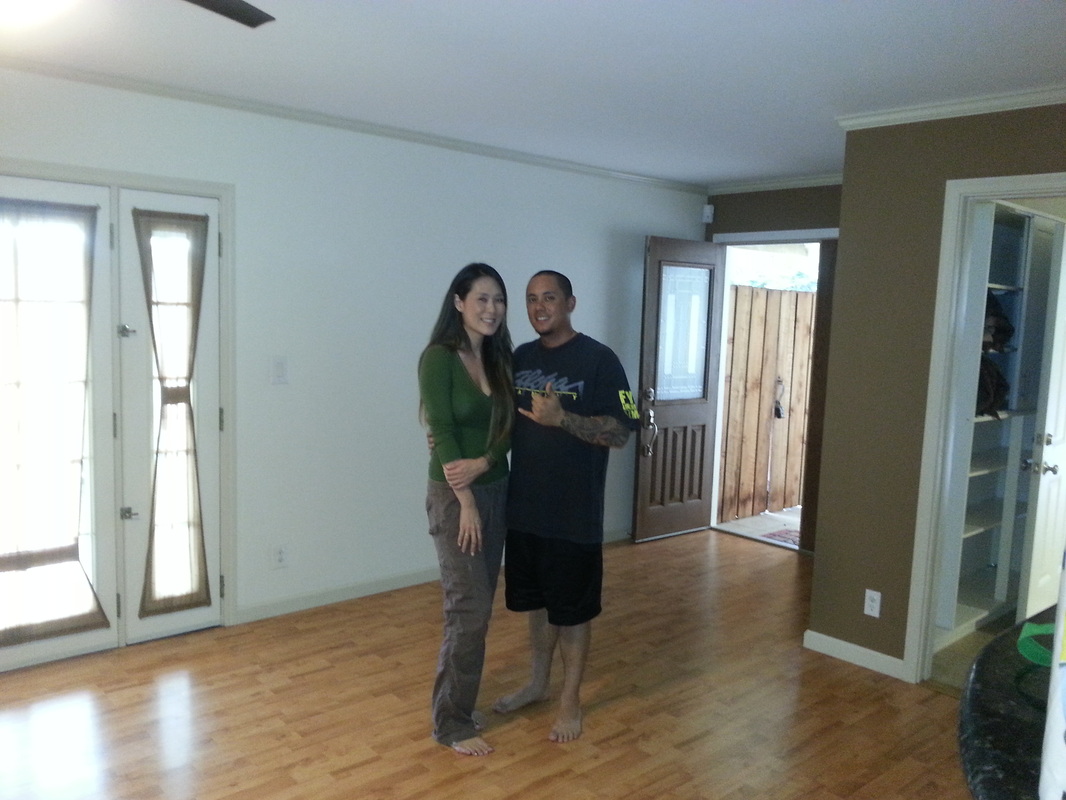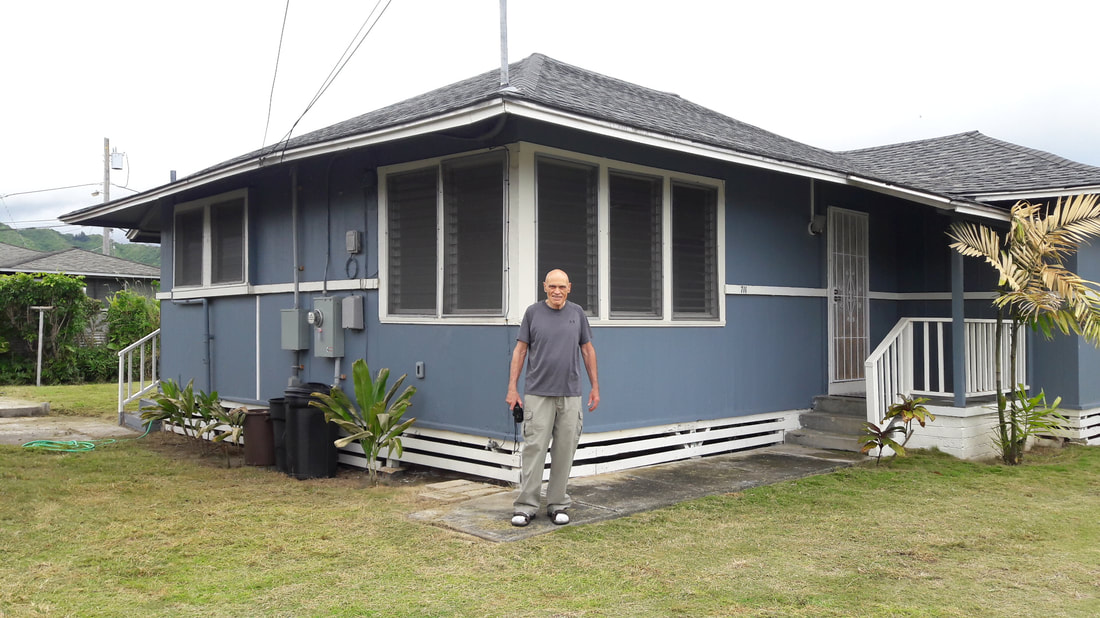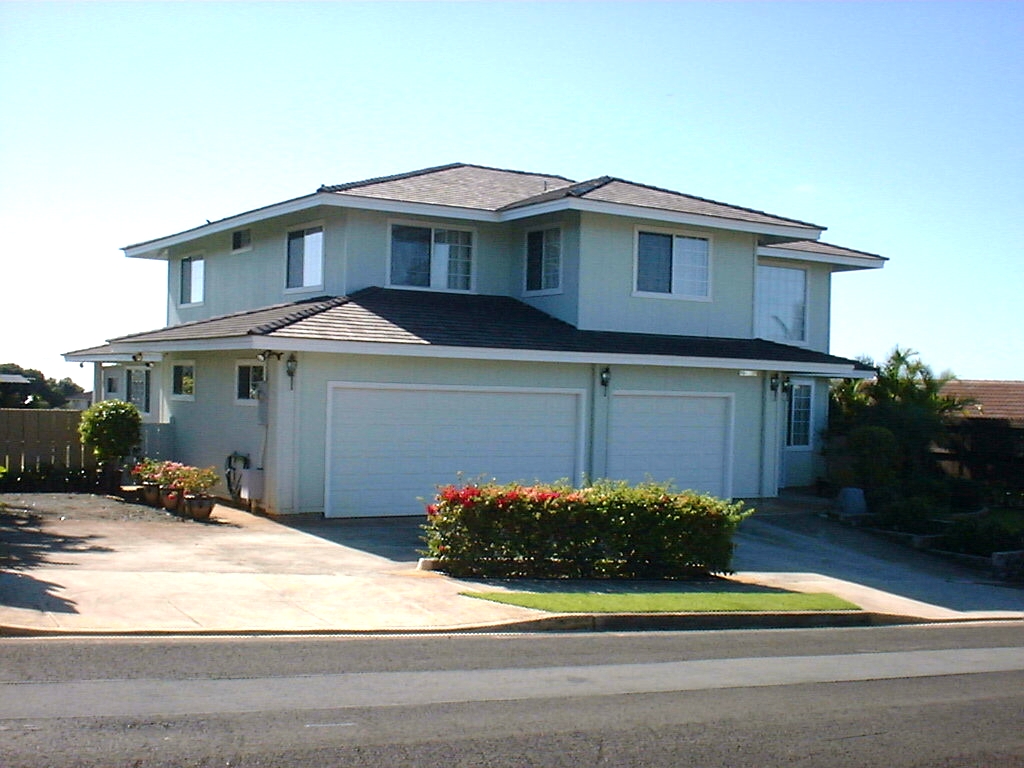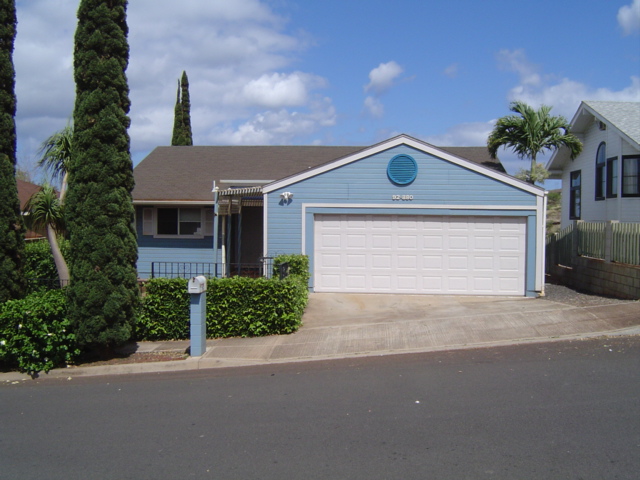Sellers...
When you sell your home, the Real Estate Agent will work for you as a client. You sign a contract with the agent, called a listing contract. The agent then works for you and receives an agreed commission when the house is sold.
In a seller/client relationship, the agent guides you throughout the real estate transaction, providing information on such issues as pricing your home, which purchase offers are fair, and how to structure a purchase contract to your advantage. It is the business of the Real Estate Agent to help you sell your home with minimum delay and to help you realize every dollar it is worth. Although the Real Estate Agent works for you and owes you additional services, the Real Estate Agent must also treat his or her buyer customers honestly. The buyer is generally the customer. There is no contract between the buyer and the Real Estate Agent. Today, however, many home buyers use a buyer’s agent – a specialized Real Estate Agent who is the home buyer's agent and works for the interests of the buyer. This makes it even more important for you to have an expert on your side looking out for your best interests. |
Fukuyuki "Fuku" Puckett (R) Cel: (808) 391-1561 All Rights Reserved
Hawaii Real Estate Broker License RB-15149
Summit Realty, LLC
Hawaii Real Estate Broker License RB-15149
Summit Realty, LLC











